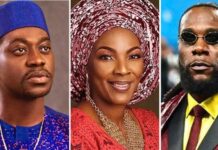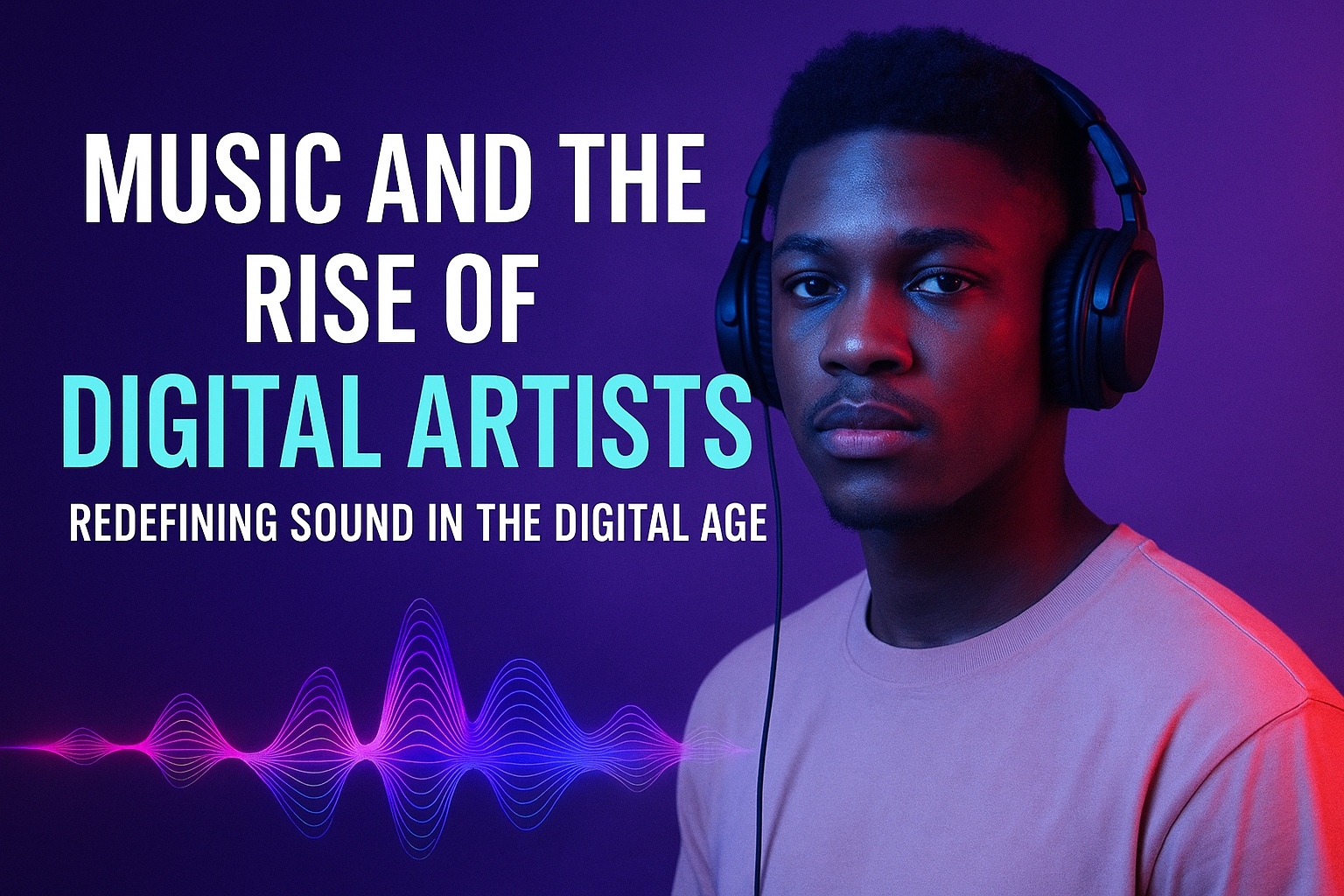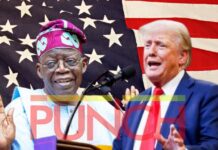The Chief Executive Officer of Data Science Nigeria, Bayo Adekanmbi, has stressed the need for Africa to develop its own artificial intelligence (AI) systems that are locally informed, culturally relevant, and context-specific.
Speaking on Wednesday as a panellist at the Gates Foundation’s Goalkeepers event in Lagos, Adekanmbi said the continent must avoid over-reliance on imported technologies and global datasets that do not reflect African realities.
“I think the dominant fact is that AI is about people, not about technology. And if AI will serve the people, it must understand the people—the richness of their language, their culture, their epistemology, their value system.
“Because it’s this knowledge that AI will codify into a sequence of instructions that people can interact with in solving everyday problems,” he stated.
The data scientist explained that AI operates fundamentally on pattern recognition and must be trained on diverse, representative data to function accurately.
“For example, if I want AI to help me predict the possibility of a disease, I need to train it with enough types of plans so that it can learn that visual. And when next somebody comes with a different pattern, it will be able to give an answer.
“But if I train AI with data that is biased, that is discriminatory, that is not representative, it’s not going to give me what I’m looking for,” he said.
ADVERTISEMENT
Digitalizing African Languages
The data scientist noted that despite Africa’s diversity, most advanced AI models today fail in African contexts, particularly due to the absence of digitised African languages.
“More than 90% of the most complex and sophisticated AI models we have today fail on African languages and African context. Why? More than 95% of African languages are not currently digitised.
“So, there is nothing for AI to learn from. If AI cannot learn our content—whether in images, pictures, or text—it cannot generate context-specific and nuanced answers to solve our everyday problems,” he said.
He called for the development of AI systems that are not only built on African data but also by African people. Drawing from a Nigerian proverb, he stressed the importance of local participation.
“You cannot barb or shave a man’s head in his absence. Neither can you give a woman a very gorgeous hairstyle—even with the best of logistics systems—she must be physically present, and she must be the centre of attention as well.
“So, we must be the centre of attention if we want to build AI for Africa. The data must be collected by the people, the models must be built by the people, and the product must be nuanced by the people,” he added.
“AI is a solution of the people, by the people, and designed to solve the peculiar realities of the people.”
Adekanmbi further explained how mobility data from telecoms networks helped identify community clustering patterns in the absence of conventional demographic data and urged stakeholders to focus on adaptive innovation.
“There will always be digital illiteracy. But the question is: what do we have that we can repurpose and adapt to solve our problems? We cannot keep saying ‘it’s not working.’ Even in the fact that it’s not working, there is still work in there. Find what is working—and make it work,” he said.
He also pointed to promising developments across Africa’s digital landscape. “We now have talent. We now have ecosystems taking shape.
“For many young people who are building, I’m glad to tell you that the speech data needed to get AI to speak many Nigerian languages is already being developed—right now—by the Gates Foundation in Nigeria.
“What we need is already being imagined. Let’s see more of the opportunities and possibilities. And let’s make AI work for us—to solve our everyday problems,” he stated.
The Goalkeepers event, hosted by the Bill & Melinda Gates Foundation for the first time in Lagos, brought together global leaders, policymakers, and changemakers to assess progress toward the United Nations’ Sustainable Development Goals (SDGs).
Other notable attendees included Africa’s richest man, Aliko Dangote; the Governor of Lagos State, Babajide Sanwo-Olu; and the Governor of Gombe State, Muhammad Inuwa Yahaya, among other dignitaries. The event was anchored by media personality, Ebuka Obi-Uchendu.























